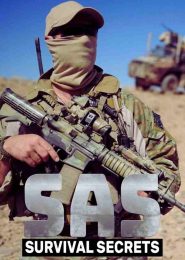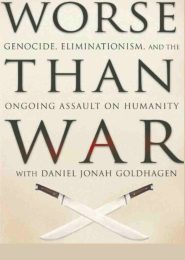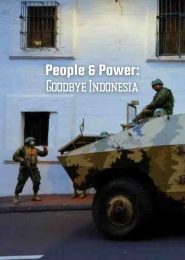The Road to Fallujah (2016)
The Road to Fallujah is a powerful and poignant documentary that provides an intimate and unfiltered look into the aftermath of the November 2004 battle that ravaged the city of Fallujah, Iraq. Directed by Mark Manning and produced in collaboration with Iraqi filmmakers, this film stands as a testament to the resilience of the human spirit amidst the horrors of war.
Here are the key elements that define this remarkable documentary:
- Living with the People of Fallujah:
- In January 2005, an American man and an Iraqi woman embarked on a mission to document the reality of life for Iraqis living in the heart of the Sunni Triangle.
- Following the devastating battle that left Fallujah in ruins, these filmmakers became the only outsiders allowed to live among the people of Fallujah. Their unprecedented access allowed them to capture raw and unfiltered stories.
- Humanizing the Issues in Iraq:
- The Road to Fallujah goes beyond mere statistics and headlines. It delves into the lives of ordinary Iraqis—men, women, and children—who endured the chaos, loss, and trauma.
- By focusing on personal narratives, the film humanizes the broader issues faced by the Iraqi population, seeking avenues for peace amid the rubble of war.
- Microcosm of America’s Policy Decisions:
- The events surrounding the Fallujah battle serve as a microcosm of America’s policy decisions in Iraq. As one American military commander aptly put it, “As went Fallujah, so went Iraq.”
- The documentary dissects the complexities of foreign policy, the consequences of military actions, and the impact on civilians caught in the crossfire.
- Insights from Diverse Perspectives:
- Interviews with Iraqi civilians, refugees, resistance fighters, foreign combatants, members of the American military, and Congress provide a multifaceted view.
- Notably, the film features conversations with world leaders of peace, including Archbishop Desmond Tutu, the Dalai Lama, and Thich Nhat Hanh. Their wisdom underscores the urgent need for peaceful solutions.
- A Story of Peace:
- The filmmakers’ journey is one of courage and compassion. They risked their safety to enter Fallujah, record stories, and share them with the world.
- Their commitment to peace resonates throughout the film, urging viewers to reflect on the cost of war and the imperative of finding alternatives.
In summary, The Road to Fallujah transcends geopolitical boundaries and invites us to confront the human toll of conflict. It reminds us that behind every headline lies a human face—a face that yearns for peace, justice, and healing.




